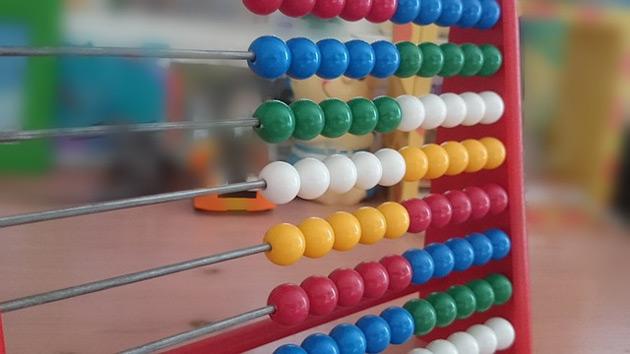Czech principal: Children have the least problem with inclusion because they have yet to absorb adult prejudice

"Inclusion is not some sort of rash project, it’s about a process of change that many schools have already absolutely naturally put into practice," says Vladimír Foist, the principal of a primary school in the Czech town of Poběžovice, in an interview for the Czech daily Deník.cz. News server Romea.cz publishes a brief excerpt of that interview in full translation here:
Q: Are you in favor of the amendment to the Schools Act taking effect on 1 September 2016 and the full launch of inclusive education?
A: My concern is that there is a real myth out there about this. The principles of educating children together have basically already been anchored in the Schools Act since 2004. Inclusion is not some sort of rash project, it’s about a process of change that many schools have already absolutely naturally put into practice. What’s essential is that, as of 1 September, support for pupils with disabilities will be provided as an entitlement, and principals will not have to make a complicated defense of their requests for support for an individual pupil – for example, the care of a teaching assistant – and instead of the exhaustive process of raising money for this support somewhere else, they will be more able to focus on their own educational procedures. The amendment to the legislation also provides enough support to the schools so they can set up specific support measures.
Q: What do the parents of healthy children and the children themselves say to inclusion? Are they afraid of their handicapped fellow pupils coming to school or not?
A: Most of their concerns stem precisely from fear and also from a lack of information. I am convinced that if a school pays enough attention to working with the local community and wins their trust, these concerns will gradually fade. We are doing our best to make our school an open one, we place great emphasis on communication between all participants in this common education process. The children are the ones who have the least problem with inclusion because they have yet to absorb adult prejudice.